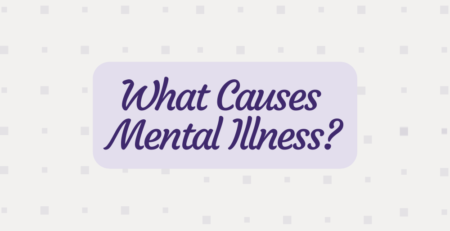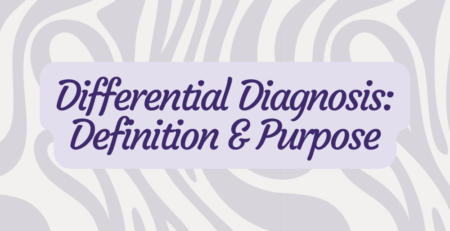Mental Health Is a Public Health Issue
April begins with Public Health Week – a valuable opportunity to spotlight the critical things we must do to keep communities safe and improve quality of life. Traditionally, these discussions have focused on physical health challenges and epidemics, but the tide is turning as more people recognize the significance of conditions like depression, anxiety, and PTSD and how they affect communities at large.
At Serene Behavioral Health, we’re broadening this conversation, highlighting the profound impact mental health has on public well-being and the importance of integrating mental health care into public health strategies.
The Widespread Impact of Mental Health Conditions
Mental health conditions are far-reaching, affecting millions of people globally. The ripple effects extend into families, workplaces, schools, and communities, underscoring the vital connection between mental health and public health.
- Depression: Depression is a leading form of disability worldwide. People with depression are at a higher risk of developing chronic diseases such as dementia and diabetes. The economic implications are vast, with depression leading to substantial costs due to lost productivity and health expenses.
- Anxiety: Anxiety disorders contribute to social withdrawal, diminished quality of life, and increased risk of substance abuse. The ongoing stress and worry can hinder your personal and professional growth, affecting community dynamics and workplace efficiency.
- PTSD: People with PTSD may experience challenges in their relationships, careers, and increased risk of developing co-occurring mental and behavioral health disorders. The effects of PTSD on families and communities highlight the interconnectedness of mental health and public welfare.
The Role of Public Health in Addressing Mental Health
Public Health Week is a valuable reminder that health is holistic. Addressing mental health conditions requires a comprehensive approach, focusing on prevention, early intervention, and equitable access to care.
- Prevention and education: Raising awareness and educating the public about mental health can reduce stigma and encourage people to ask for help when they feel themselves struggling. Preventive programs in schools and workplaces can play a crucial role in building resilience and identifying mental health issues before they escalate.
- Access to care: Improving access to mental health services is a public health priority. Steps include increasing the availability of mental health professionals, integrating mental health care into primary health care settings, and ensuring effective treatments are affordable and accessible to all, regardless of socioeconomic status.
- Community-based approaches: Strengthening community support systems and fostering environments that promote mental well-being are essential strategies. That includes creating safe spaces for discussion, supporting mental health advocacy groups, and implementing policies that support mental health and wellness in all areas of community life.
Moving Forward: A Collective Responsibility
By fostering a society that values mental wellness, promoting accessible and effective mental health care, and supporting community-based initiatives, we can make significant strides in improving public health outcomes. At Serene Behavioral Health, we contribute to this vital effort by providing a full continuum of care to support people with complex challenges.
Mental health is not only a personal issue; it’s a public health imperative. Together, we can work toward prioritizing mental wellness, eradicating stigmas, and ensuring everyone can live their best lives.
















